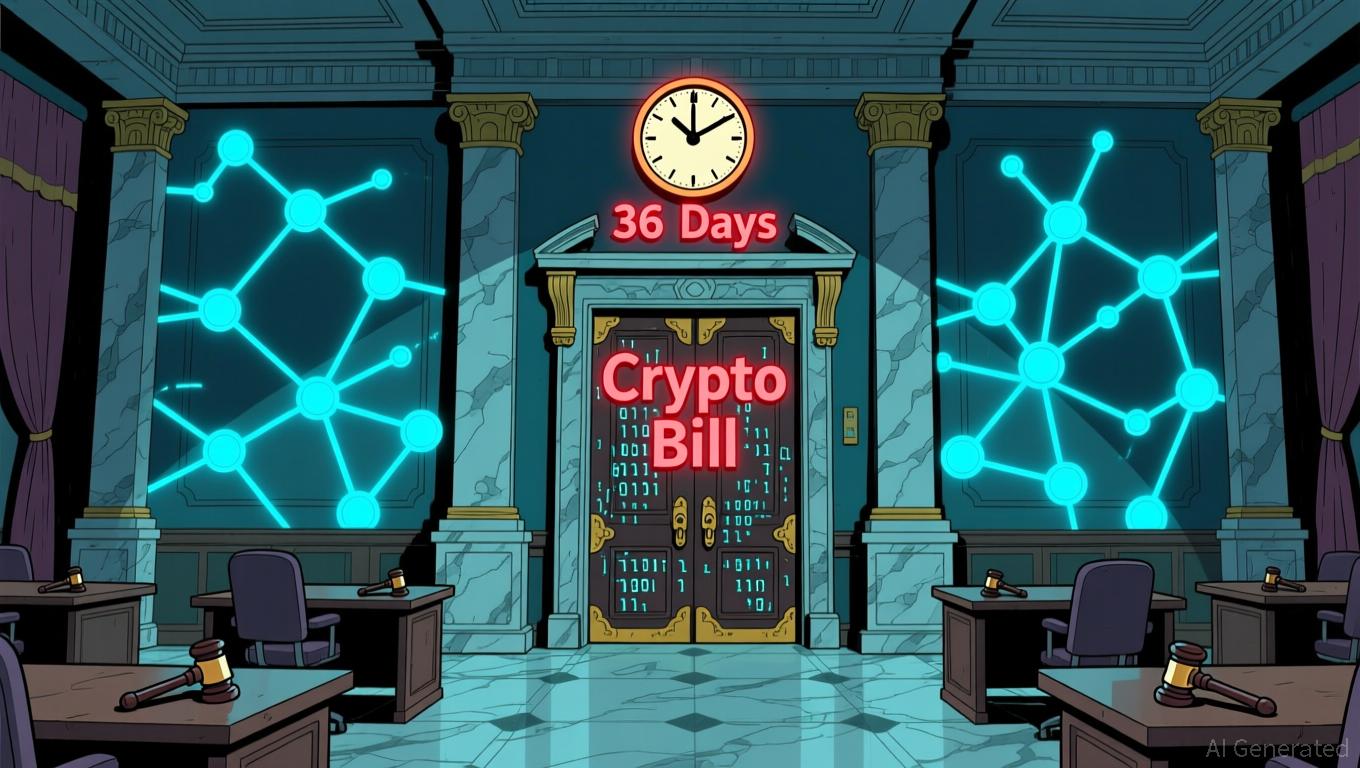'It's bananas': Why Rezolve AI’s CEO thinks crypto credit cards miss the point
Quick Take Crypto exchanges and wallet providers have been issuing Visa and Mastercard credit and debit cards in an effort to boost customer adoption, utility, and retention. Rezolve AI CEO Daniel Wagner is pitching a different solution, one where consumers can purchase items and services without the required crypto-to-fiat conversion.

For quite some time, crypto exchanges have been seeking ways to let customers more easily spend their Bitcoin, Ethereum, and stablecoins using Visa and Mastercard cards.
Rezolve AI founder and CEO Daniel Wagner sees the new plastic as somewhat antithetical to crypto.
"It's bananas," Wagner told The Block. "You have these crypto players on the blockchain offering offchain credit card rails. It's all ridiculous."
At least as far back as last year, crypto exchanges and wallet providers have been issuing Visa and Mastercard credit and debit cards in an effort to boost customer adoption, utility, and retention. Payment giants like PayPal, Venmo, and Stripe , plus fintechs such as Revolut and Nubank, have all become involved to some degree in providing companies and consumers with the ability to seemingly spend crypto using plastic, even if the digital assets are converted to fiat at the time of purchase.
"What's the point of that? Get a MasterCard and load it up with crypto, which isn't really crypto it's just fiat, and pay in the normal way, but you might be thinking you're paying with crypto, you're not," Wagner said. "It's not using the blockchain properly at all; it's just trying to bridge the gap of convenience by jumping across to the old infrastructure."
Although Wagner's description of the mechanics is correct, cryptocurrency exchanges issuing physical cards is a way for these platforms to compete with traditional banks. With cash use fading, card payments are nearly impossible to avoid. And even Wagner admits, at least for the time being, merchants like Starbucks don't use crypto wallets, which would only be necessary if consumers were to purchase goods with crypto, minus the need for a conversion to fiat.
Partnered with Tether
Wagner’s strong views on crypto plastic could be partly driven by self-interest, as his company is pitching a different solution, one where consumers can purchase items and services without the required crypto-to-fiat conversion.
In an effort to grow that business, last year, Rezolve AI partnered with Tether, the world's largest issuer of stablecoins, with the aim of making it easier to use cryptocurrency for everyday purchases.
"Crypto is a currency not just an asset, whereas at the moment it's really an asset. People buy cryptocurrency and they trade it just like stocks and shares, but they don't use it to buy a cup of coffee at Starbucks," said Wagner.
Using its Brain Checkout platform, Rezolve AI wants Tether holders to be able to execute online transactions using their wallet, without the need to convert USDT or Bitcoin to fiat to conclude the transaction. To incentivize merchants to use Rezolve AI's service, the company is converting the crypto into fiat for the merchants without charging them fees.
"In five and a half months, we penetrated 44 million consumer devices," Wagner said, adding his firm has signed up corporate clients like Dunkin Donuts, Ace Hardware, and Crate and Barrel, all of which have their own customer base making online purchases.
Disclaimer: The content of this article solely reflects the author's opinion and does not represent the platform in any capacity. This article is not intended to serve as a reference for making investment decisions.
You may also like
Bitcoin.com and Concordium to Launch Age-Verified Stablecoin Payments
Furloughs Among Regulators Stall Crypto Legislation, Postponing U.S. Leadership in Digital Assets
- U.S. Senate delays crypto bill passage due to 36-day government shutdown furloughing key SEC/CFTC staff. - Bipartisan draft aims to clarify digital asset regulation and DeFi oversight amid partisan debates over consumer protections vs. innovation. - Shutdown limits technical expertise for bill development, with unresolved agency jurisdiction issues likely in December drafts. - Passage expected by early 2025 would establish U.S. leadership in crypto regulation while balancing oversight and industry growth.

Polymarket's 25% Fake Volume Poses a Risk to the Trustworthiness of Prediction Markets
- Columbia researchers found 25% of Polymarket's trading volume is artificially inflated via wash trading, peaking at 60% in December 2024. - The study attributes this to Polymarket's fee-free model and pseudonymous wallets enabling linked accounts to manipulate volume metrics. - Sports markets showed 45% artificial activity, raising concerns about prediction markets' reliability as public sentiment indicators. - Polymarket's planned U.S. re-entry under CFTC regulation faces scrutiny amid claims that 48% o

Zcash Latest Updates: ZEC Reaches Highest Level in 7 Years as $18.8M Gets Liquidated, Yet Derivatives Indicate Weakness
- Zcash (ZEC) surged to a $586 seven-year high, driven by institutional interest and 30.41% shielded pool adoption. - $18.8M in ZEC perpetual futures liquidations highlight market volatility, with a $14.5M short loss on Hyperliquid. - Derivatives data shows $713M open interest and $30.27M long liquidation risks, signaling fragile bullish momentum. - Analysts warn of potential correction below $450 despite strong privacy-driven adoption and spot wallet inflows.

